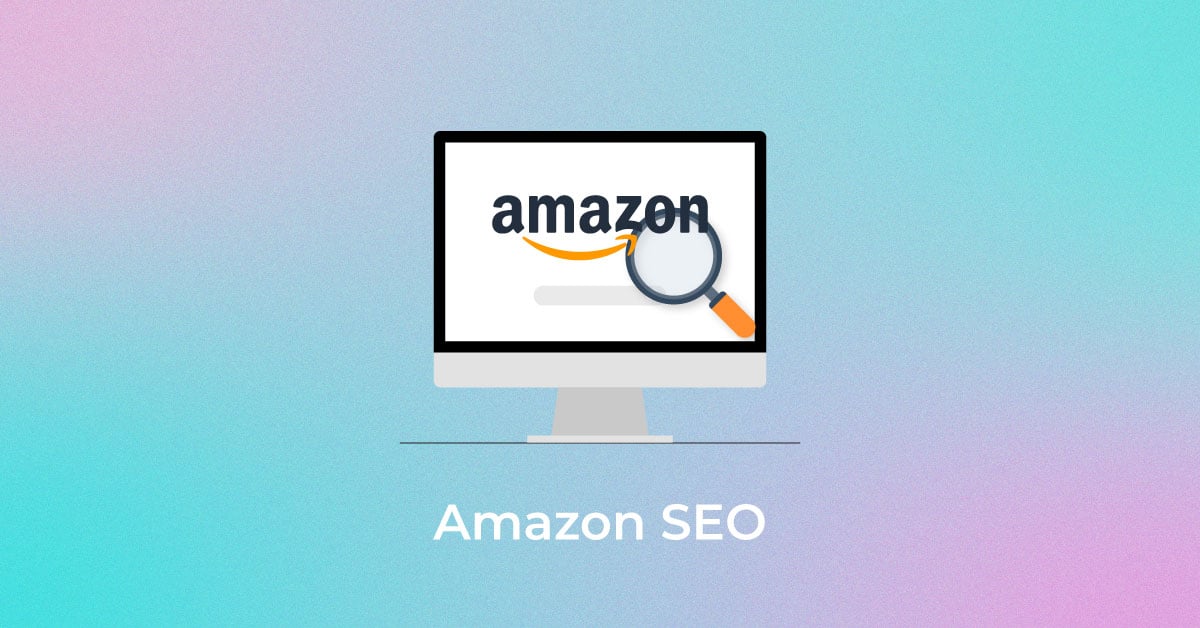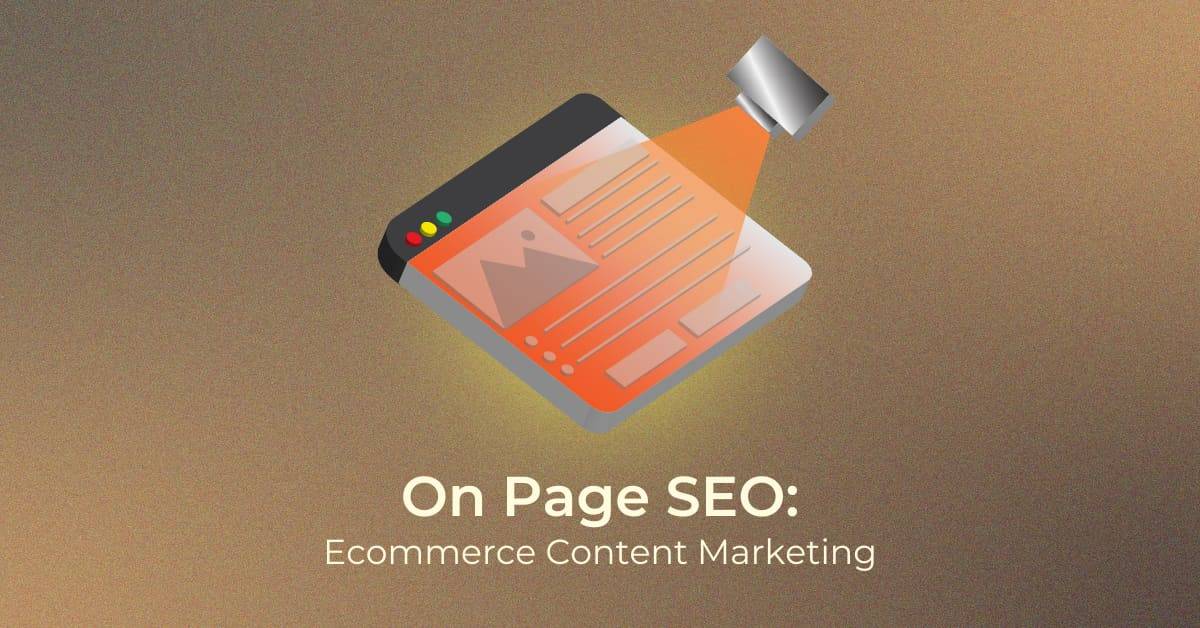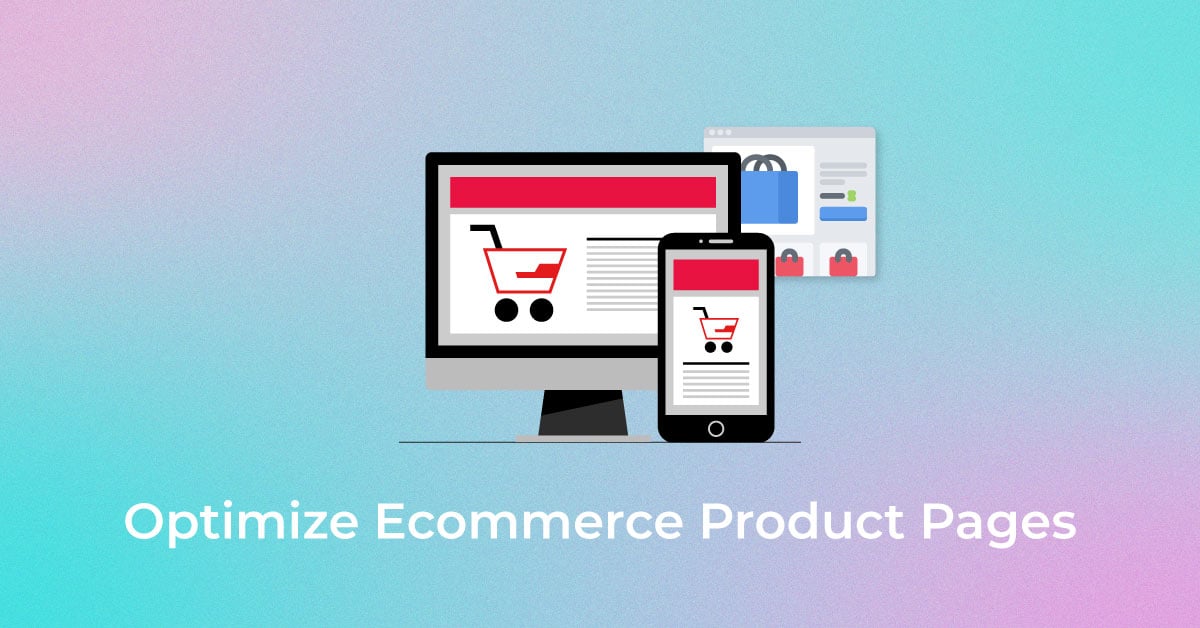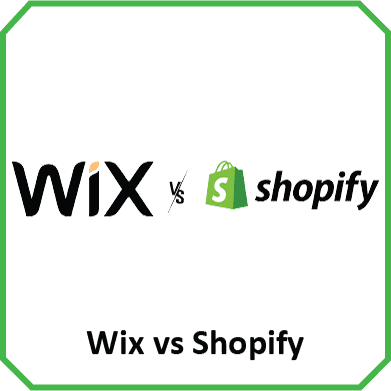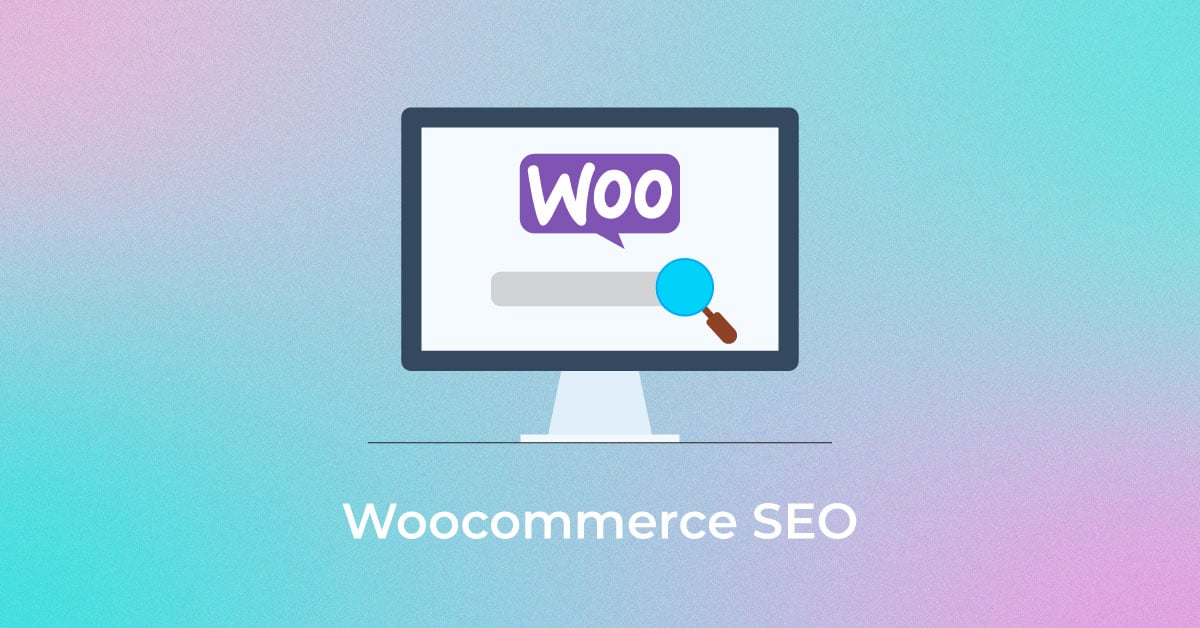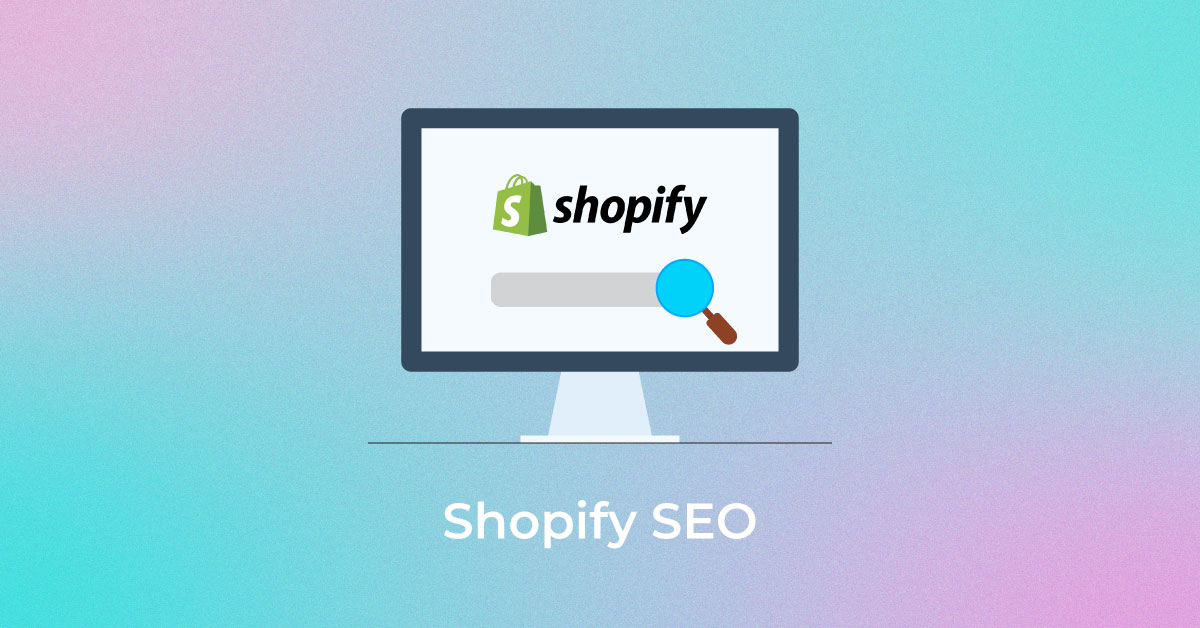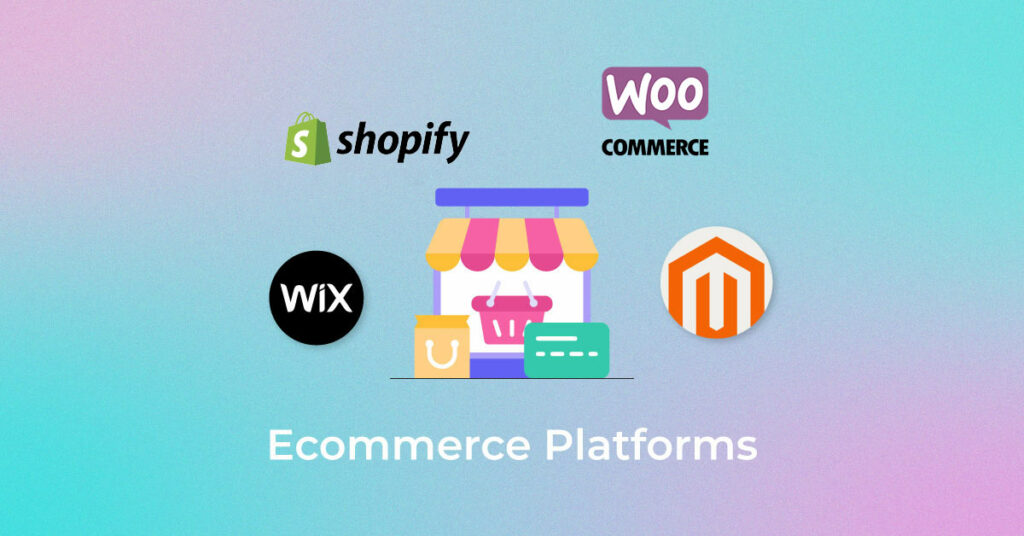Whether you are an existing store owner, a newbie, or an established enterprise, setting up shop in the digital world can be a big decision. The implications of such a move can be immense and, depending on what your choices are, it can make or break your business. But perhaps one of the biggest decisions you will take while setting up an online store is choosing an e-commerce platform that will act as its foundation.
But what is an e-commerce platform?
What is an e-commerce platform?
Essentially a software app — e-commerce platforms are designed to meet the marketing, website management, operations, and sales needs of brands that sell products or services online.
There are multiple platforms available out there, of course — from Magento, Shopify, to Big Commerce — and each of them provides users with the tools and features they need to manage their businesses and sell their products online the way they want to.
Optimize, rank, and flourish your online store's performance with our award-winning strategies.
Want your eCommerce site
to rank higher on Google SERP?
Optimize, rank, and flourish your online store's performance with our award-winning strategies.
Why are e-commerce platforms important?
E-commerce platforms offer online stores the foundation they need to build their online store. Choosing the best e-commerce platform for your store is highly essential if you want to ensure the success of your store. The best e-commerce platforms out there can offer you the data protection and scalability you need to build your business.
Most e-commerce platforms worth their salt offer the following few features:
- Merchandising
- Pricing
- Promotion tools
- A management suite
- And other services that are personalized according to your needs and want
What are the features of an e-commerce platform?
E-commerce platforms are essential to building online businesses. But with so many different options out there, how do you even decide which one to go for? All the best e-commerce platforms offer you reliable, customizable, and transparent business management options so you need to choose something that fits comfortably within your budget while offering you scalability. But, for beginners, it can still get pretty hard to choose one among the thousands of options out there. Thankfully, know that as long as your e-commerce platform offers the following features, you are pretty much sorted:
- A cloud-based platform: A cloud-based e-commerce platform can offer you a unified experience when it comes to management, pricing, inventory organizing, accounting, POS, and customer service.
- Great customer service: A lot of e-commerce platforms promise you the world but fail to deliver. The best e-commerce platforms out there will offer you an excellent customer experience in the form of great customer support, consistency, customer transaction, and interaction accessibility and transparency, and targeted marketing.
- Centralized order management: A centralized order management system that combines convenient ways for buyers to buy, manage, and return orders is great at improving your overall profit by improving the customer experience.
- Easily customizable: The service should fit you and not the other way round. Great e-commerce platforms will offer you themes, tools, and modules that are easily customizable so you can build the store of your dreams that is customer-friendly and translates across phone and web with ease.
- Flexibility: From language options so you can target different regions to the offering of full support across channels, business structures, brands, currencies, and locations, the best e-commerce platforms should offer it all. And then some.
- Security: Nothing is more important to an online store than its data. So, choose an e-commerce platform that offers reliability and security in the form of PCI compliance and SSL certificate.
Obviously, every platform offers a range of unique features, from free themes, expandable security packages, to great personalization options. But remember to not fall for the number of additional features and choose an e-commerce platform that offers you exactly what you need and want for your store.
Best e-commerce platforms
There are a thousand different e-commerce platforms out there. But not all of them are designed to be flexible, efficient, and scalable. The best e-commerce platforms out there combine these characteristics with business tools and features that let you build your business up from scratch. So, without further ado, here is a list of the best and most popular e-commerce platforms out there:
-
Shopify
One of the best and most popular e-commerce brands out there, Shopify’s charm lies in letting clients set up shops quickly and efficiently while offering them a host of personalization options. Shopify also supports an entire range of cards — making payment and billing a piece of cake. It also offers PCI and SSL security while the full CMS mode lets you manage your shop as you want it. And you can manage your store on the go right from its user-friendly mobile app.
-
Magento Commerce
When it comes to e-commerce platform popularity, Magento is definitely one of the top names on the list. It is infamous for being complex but it does offer a series of efficient technologies that can help you scale up your business and offer an improved customer experience. Also, the introduction of Magento 2 has helped service providers work on better solutions when it comes to B2B firms.
A few functionalities and perks Magento offers are:
- Mobile-friendliness
- Enhanced SEO services
- Ability to handle huge traffic and an endless number of products
- Seamless integration with third-parties
- Expandability and flexibility with security permissions
- Open source that allows for multiple users or lets a single user manage multiple stores
- Multiple languages and currency options for a better reach
But while all those features do make Magento an enticing option, know that, while its basic option is free, the enterprise version costs a whopping twenty thousand dollars. And its functionalities have quite a bit of a learning curve.
-
BigCommerce
BigCommerce has been spearheading the cloud-hosted e-commerce platform movement for a while now. It allows brands to cater to both B2C and B2B client bases using a set of business tools and features like separate catalogs and pricing lists.
But, unlike Shopify, BigCommerce does not make it easy to set up shop. Its tools offer versatility but have a bit of a learning curve. But it counters this problem by offering up both an easy to reach and supportive customer service system and detailed guides and how-to articles about settling up stores of various kinds. Moreover, it is very secure and offers easy scalability, making it another popular option when it comes to e-commerce platforms.
-
WooCommerce
WooCommerce is less of a platform and more of a free plugin designed specifically so WordPress users can convert their sites to spanking new stores that come with easy customizability and PCI compliance for guaranteed security. WooCommerce is an open-source platform that is not built to handle a lot of plugins and add ons and hefty themes. It also cannot handle huge traffic without crashing (unless you choose a good hosting environment). So, if you are looking to scale your business in the future, this is not the right option for you.
-
Squarespace
If you are a beginner looking for a beautifully designed and super customer-friendly online store, Squarespace is the answer. It offers you all the features and tools you need to set up a fully personalized and impeccably well-designed shop while offering the option of hosting in all its different packages. Again, when it comes to design, Squarespace easily takes the cake with its brilliantly built and easily customizable templates that make settling up a super good-looking online shop as easy as pie.
-
Wix
If it is affordability along with the easy customizability you are looking for, Wix is the way to go. Here, you can build your store up from scratch or let one of the 500+ available templates do all the work — even while using its range of add-ons to personalize your store. Wix is pretty popular for a seamless drag and drop customization interface. With Wix, you can have your store looking professional and ready to open its virtual doors to the world in a matter of hours.
-
Ecwid
Ecwid, much like WooCommerce and OpenCart, is designed to integrate easily with existing platforms. It can work with WordPress, Wix, Squarespace, Weebly, etc. Again, Ecwid is created to seamlessly work with existing sites, so if you have a site you want to convert to a store, Ecwid may just be the answer. Ecwid also does offer you the option to build an e-commerce store from scratch. But, if you are starting from the beginning, know that Ecwid is better used for existing websites and that there are better solutions out there for building stores from scratch.
-
OpenCart
OpenCart, like WooCommerce, is open source and free. While you do need a running website that you can convert to a store, it is not a plugin limited to just WordPress. A lot of web hosts will let you install OpenCart with one click, making setting up shop as efficient as it is fast. It currently caters to over 300.000 stores and can support shops that sell products of any kind and type. But its interface is not built for flexibility so it is easier to sell digital products using it.
-
Salesforce Commerce Cloud
Where some platforms are known for their impeccable design and others are known for the ease with which you can set up shop, Salesforce comes armed with CRM solutions. Its CRM comes with Einstein AI and is said to be designed to improve customer communication and experience.
Salesforce is cloud-based and was created as a part of the Salesforce product suite. It lets you cater to both B2B and B2C clients while also being able to deal with huge sales and traffic. It comes with a host of features like AI-supported commerce personalization, order management, globalization solutions, and other tools directed towards specific types of businesses.
Despite its flexibility, though, Salesforce is not always a good option for beginners — especially those who are on a budget — since it is as expensive as it is complex.
-
Volusion
Volusion is known for its intuitiveness — its navigation styles, pristine themes, rich content editor, and custom domain letting you create a store that can offer its customers a seamless shopping experience. This ease and flexibility are the things that have kept it in business for almost 20 years now. The SEO options it offers are powerful; it makes management of products and catalogs seamless, its payment system is flexible, and it lets you create impeccably designed product pages with ease.
-
Prestashop
When it comes to hosting online stores and as an open-source platform, Prestashop has historically proven to be pretty efficient. Perhaps it is due to this reason that it has an online merchant base of a whopping 300,000.
Accessible for free, Prestashop just needs you to pay for the SSL certificate, hosting, etc. It also comes with a host of customizable (and free!) themes. You can use the scores of tools and addons it has on offer to personalize your online shop. PrestaHero – a Prestashop modules marketplace — lets you choose the modules you need for your store.
Prestashop also makes it easy to create, customize, and share content across platforms to boost organic traffic growth while offering the option of presenting your store in different languages so you can target a wider client base with ease. It also offers dropshipping integration options so you can focus on growing your business while wasting as little resources as possible.
-
3DCart
As an e-commerce platform, 3DCart has been in the business for over 20 years. And it has gathered a rather hefty online brand base of over 22000. And with good reason too. 3DCart comes with scores of free themes and an average of 200 tools and features. And it offers enhanced e-commerce SEO services tools while supporting hundred payment processors on average.
3DCart focuses on helping brands scale their businesses with great conversion rates and rank higher on search engines with its customer-friendly and massively intuitive tools, online marketing features, and latest SEO services. If you decide to take the plunge and go for 3DCart, you will be offered these features:
- User-friendliness
- Security
- Scalability
- Reliability
Things to Consider When Choosing an E-commerce Platform
Not all platforms are made the same. Some offer flexibility, while others offer huge scalability and traffic handling prowess. So, what do you consider when choosing an e-commerce platform?
-
The Budget
When choosing an e-commerce platform, know that neither the cheaper option nor the more expensive one is guaranteed to be a great choice for your online shop. What you should be looking for while choosing your platform is cost efficiency i.e. which platform offers you the tools and features you need for your business at a rate that doesn’t burn an irreparable hole in your pocket. Decide your budget for hosting, security, design, licensing, maintenance, etc, and choose your platform accordingly.
-
Target customers
E-commerce platforms need to offer social media sharing and advertising options. Social media is one of the biggest tools you can use to increase organic traffic and improve conversion rates. Some platforms even offer the added advantage of letting customers buy directly from social media platforms using pins for an improved customer experience.
-
Number of products you have
If you have a ton of products on offer, you will need a platform that offers higher SKU limits or it can end up severely restricting your business.
-
Customer service
Not all e-commerce customer support systems are the same. Some will truly deliver on their promise of having your back whenever you need them to while some will just leave you hanging. A lot of e-commerce platforms also outsource the responsibility, making it difficult to reach someone who actually cares about your experience with the service. So, it is very important to choose a platform with a good customer support system.
-
Cloud hosting
The best e-commerce platforms these days offer cloud hosting. Cloud-hosted platforms let you handle huge incoming traffic without crashing. And since every brand dreams of going viral, this is definitely a good option to consider while choosing platforms.
Pick The Best e-commerce Platforms for Your business
E-commerce platforms are the base upon which online stores — big and small — are built. So, whether you are a small business owner looking to make the big move to the digital world or are an established enterprise, it is important to choose your e-commerce platform well. While it may be confusing in the beginning – considering how many different options are out there — as long as you hit the sweet spot between cost efficiency and flexibility, you should be pretty much good to go.
Popular Searches
How useful was this post?
0 / 5. 0










